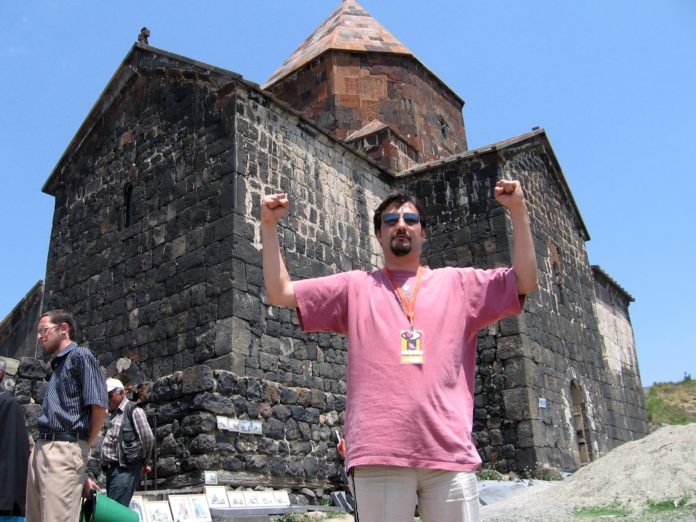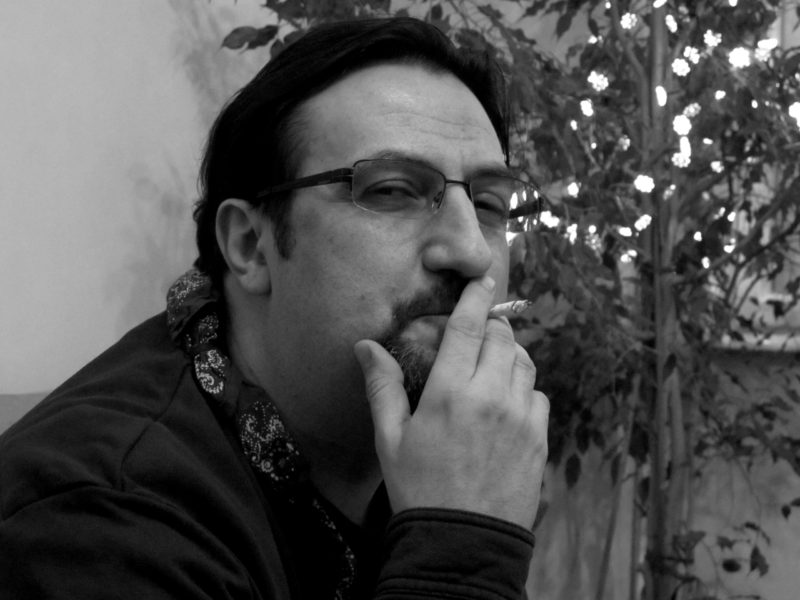YEREVAN/BELGRADE – Aris Movsesyan (Movsesijan in Serbian spelling) was born in 1966, in Belgrade, where he received his secondary education. He graduated from the Faculty of Dentistry of the University of Belgrade. In postgraduate courses, he has published a number of scientific papers on periodontal medicine and oral medicine.
Aris Movsesyan is quite active in the cultural and political life of Serbia. He was an active participant in the musical “New Wave.” He is engaged in literary work. His short stories have been awarded many times. In 1995 he published a collection of short stories “Characters and Writers.”
He is the screenwriter and assistant director of the film “The World’s Greatest Monster” by Goran Rusinovic (2003). As a screenwriter and director he shot his first feature film “Aporia” in 2006. As an actor he acted in two films “Comrade Black in the National Liberation War” TV series (2013) and “Goat Ears” (2017).
Aris Movsesijan is also active in Serbia for adoption a state resolution for recognizing the Armenian genocide. He has written “1915-1922 in the Ottoman Empire towards the Armenian people. The resolution on the recognition and condemnation of the genocide committed in 2015.”
Aris, your biography is quite versatile – from medicine to literature, from film to political activity. What do you label yourself?











